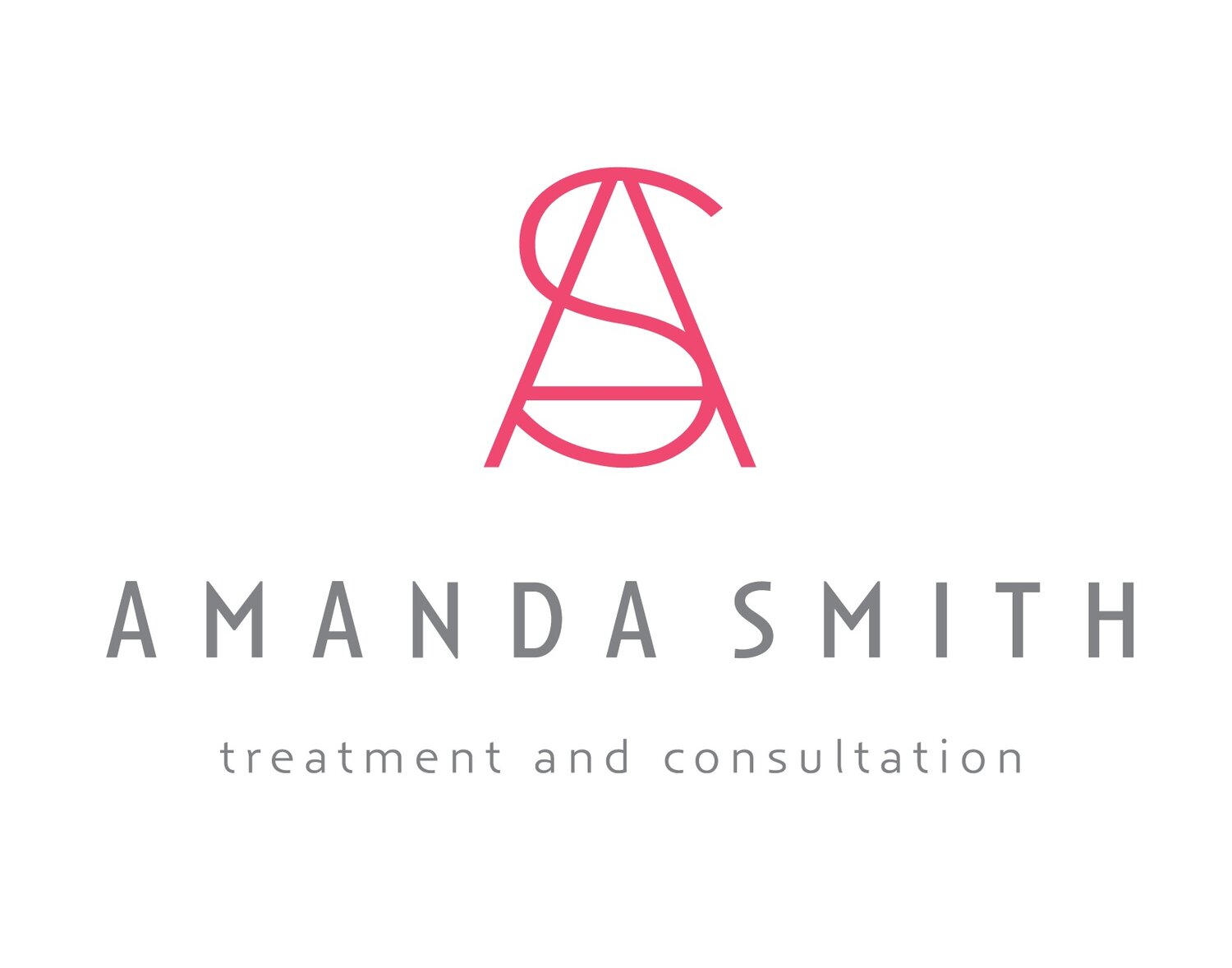There are lots of reasons to start dialectical behavior therapy (DBT) and there’s lots of research to show that it’s an effective treatment for many individuals.
People often come to DBT with a list of goals they’d like to accomplish.
These goals may include:
• decreased self-harming or self-sabotaging behaviors (binge drinking, using drugs, or avoiding)
• increased capacity to feel happiness, peace, or contentment
• healthier relationships
• reduced shame, anger, and guilt
• more mindful living
• greater self-respect
• better coping strategies
• engaged in meaningful paid work
• freedom from destructive urges
When I’m working with my clients over many months, I want them to think about how they are feeling better and are moving toward their life worth living goals.
I created this self-assessment to help my clients identify areas of strength and growth as they are learning and practicing the skills. When they are ready to graduate from DBT, I ask them to complete the following assessment.
If you’re in a DBT program or are teaching yourself these skills, how would you assess your progress?
0 = no change or progress
5 = moderate change or progress
10 = consistent mastery in this area
• I am able to define the DBT skills. _____
• I can help explain or teach the DBT skills to others in my life. _____
• I am able to use a wide variety of the skills across many different environments (home, school, work, church, volunteer positions, when I'm with friends or family members). _____
• I feel confident in asking for help before things become a crisis or an emergency. _____
• I understand how regular mindfulness practice can help reduce symptoms related to stress and anxiety. _____
• I am able to observe and describe my thoughts and emotions without acting on them mindlessly. _____
• I have many different ways to help soothe and distract myself when I'm upset. _____
• I understand the concept of dialectics and dialectical thinking. _____
• I can validate others. _____
• I can make a decision to let go of judgments about myself and others. _____
• I have ways that I can increase positive emotions such as happiness, hope, and gratitude. _____
• I am able to practice radical acceptance about the things in life I cannot change. _____
• I know what is important to me and can stick to my values. _____
• I have skills that I can use to help me communicate more effectively with others. _____
• I respect myself. _____
• I understand how taking care of my physical health affects my emotional well-being. _____
• I can work toward solving my problems. _____
• I understand that self-harming and self-sabotaging behaviors are choices I don’t have to make. _____
• I have specific plans to help me create a life worth living after graduation. _____
Ultimately you are the one who has to decide if DBT is the right fit for you or continues to be a good fit.
What are your reasons for participating in or continuing treatment? What is your Wise Mind telling you to do next?
Interested in learning more about DBT? Please check out My Dialectical Life.

